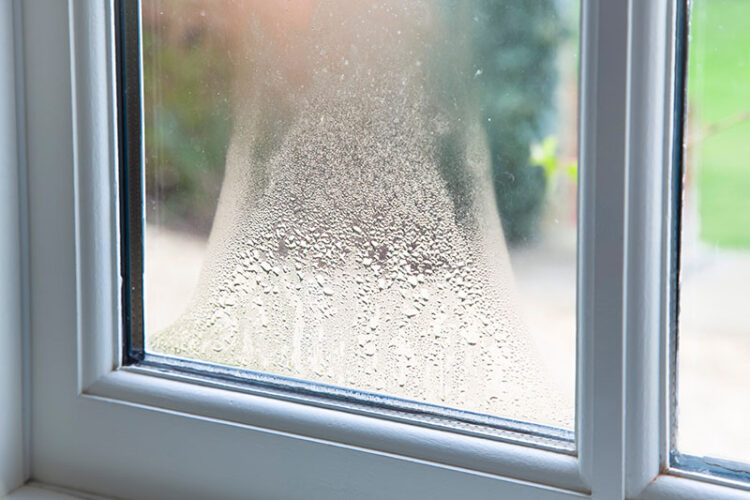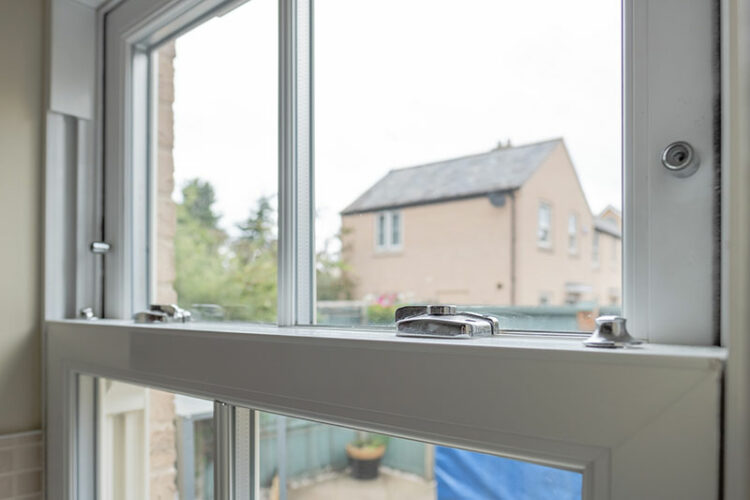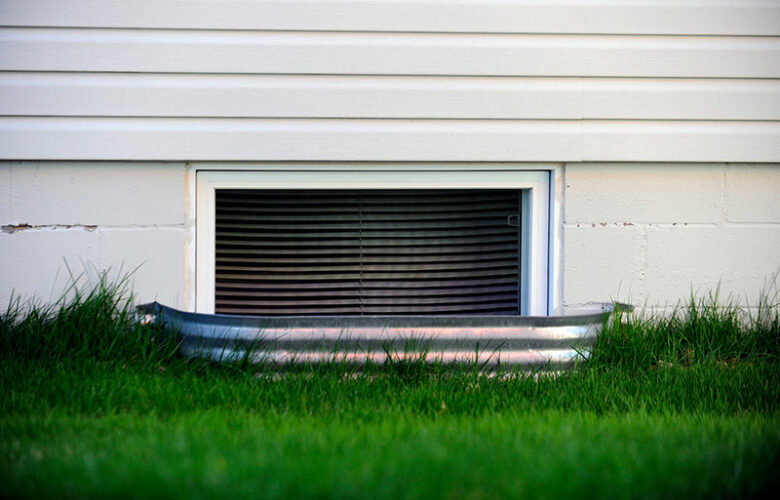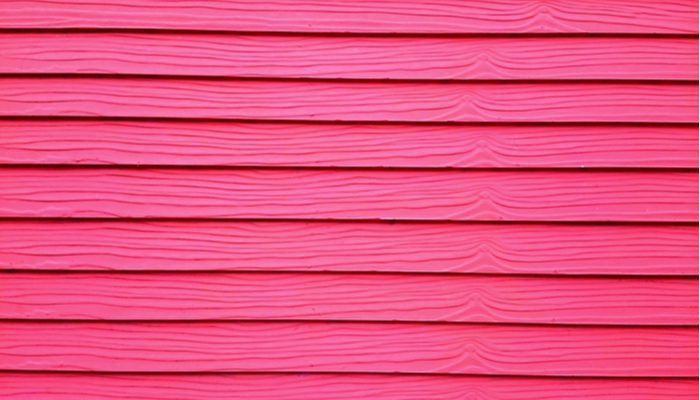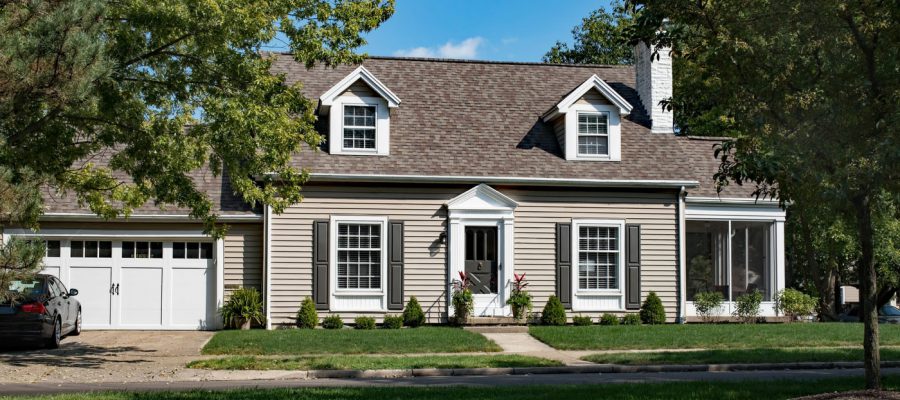Can I Replace My Windows in the Winter?
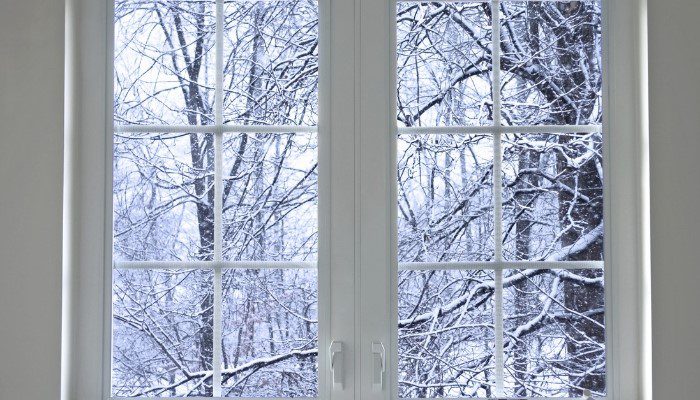
Window installation teams don’t shut down the second Old Man Winter comes to town. While icy weather and rainfall can certainly present challenges, there are some benefits to choosing the chilly season. This is when business slows down and contractors can offer more flexibility. That means plenty of scheduling freedom as long as the weather cooperates. There are several other benefits. Let’s take a look.
You can save a few pennies
Slow season comes with cheaper prices and special promotions from installation companies. Window suppliers will often join the price freeze with their own discounts, so a winter installation might help you to pay for a window you couldn’t otherwise afford. You can maximize your return on investment and enjoy the savings that come from additional energy efficiency.
Get a Free Estimate Today
50% off installation. Special financing available. See details.
Winter bonds are as strong as summer bonds
Window contractors don’t let the weather interfere with their perfectionism and efficiency. Cold temperatures can change adhesives’ properties, but better contractors adjust their materials to the climate. They’ll move away from spray and water-based adhesives to eliminate the risk of bond strength failures.
They might also use canister blankets to control temperatures during bonding. Contractors have become so good at winter installations they can operate in temperatures as low as -4F. Winter weather even expedites your installation process by helping your caulk and other sealants to set faster.
You can work with easier schedules
Winter has its downfalls. When rain and snow begin to fall, your entire installation process will need to stop. It’s certainly an inconvenience, but off-season installations don’t require you to compete for convenient scheduling.
You’ll have fewer scheduling conflicts and might even enjoy a faster installation. You won’t have to wait weeks to months for a gap in your contractor’s schedule. If you can’t wait for those beautiful double-hung vinyl frames, winter is the season to install them.
Your installation process will be easier to live with
In most cases, installation companies will adopt a slightly different strategy for multiple winter window installations than they’d usually adopt in summer. To limit the number of open spaces at any given time, they’ll generally remove and replace each window individually before moving onto the next. That makes dust remediation significantly easier to handle. If you’re highly reactive to allergens, winter is your moment.
You needn’t worry about a drafty home. Installers will often erect temporary plastic walls so that you can stay warm and cozy during the installation period.
You can find drafts more easily
If your windows are poorly installed, they’ll act as thermal leaks. They’ll reverse all the hard work your HVAC system is doing, sending your electricity bills soaring. Air leakage is one of the biggest contributors to heat loss in the home, particularly among properties with sash windows.
If you install your windows during winter, you can identify drafts and leaks more easily. Your contractors will seal and repair problem zones immediately, leaving you with a more reliable and lasting seal. They’ll also be able to find out which windows need to be replaced in the first place because cold temperatures make materials contract, revealing obscure drafts. This way, you’re less likely to perform unnecessary installations, and that means more money in your pocket.
There are fewer pests
Pests are a ubiquitous part of the renovation process. Invaders exploit the opportunity of open walls to enter your home. Rodents may infest your interior, carrying pathogens in their wake. Termites may attack the integrity of your structure, and cockroaches could take the opportunity to nest indoors.
When you install windows in the summer, you’ll need to pretreat your home and take other anti-pest precautions. In winter, pest populations dwindle, allowing installers to complete their project without leaving you with an invasion of tiny creatures.
You don’t have to worry about humidity
Sealants and caulk tend to set slowly in humid weather. They can even crack in temperatures of over 80 degrees. Materials and joints expand as they absorb moisture, making an air-tight seal difficult to achieve. To make matters worse, silicon-based products can’t be applied to humid surfaces without losing their adhesive properties.
On particularly hot days, your sealants will dry too quickly, impeding bonding and longevity. Installers may have to apply sealant in small sections, which can impede total coverage. In short, winter windows seal better, so they last better.
Not all window installations are appropriate for winter. Aluminum cladding is best reserved for the summer months because it strengthens in cold weather. Similarly, your bow and bay window installations will experience fewer hitches if you wait for a warmer season. In most cases, though, both winter and summer present as many benefits as they do challenges. Installers will even leverage colder weather to produce better results.


